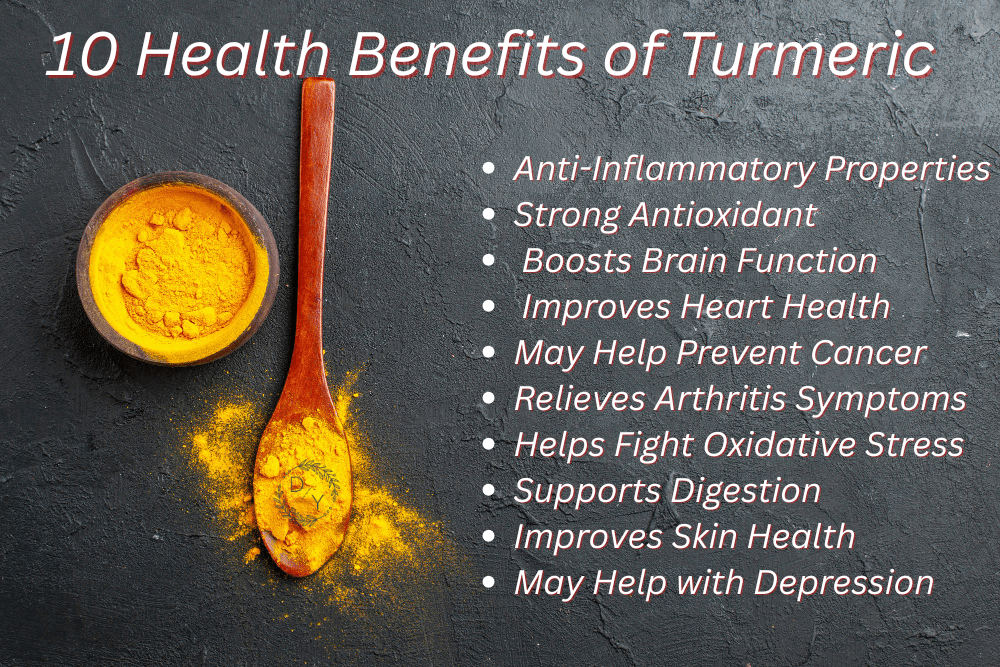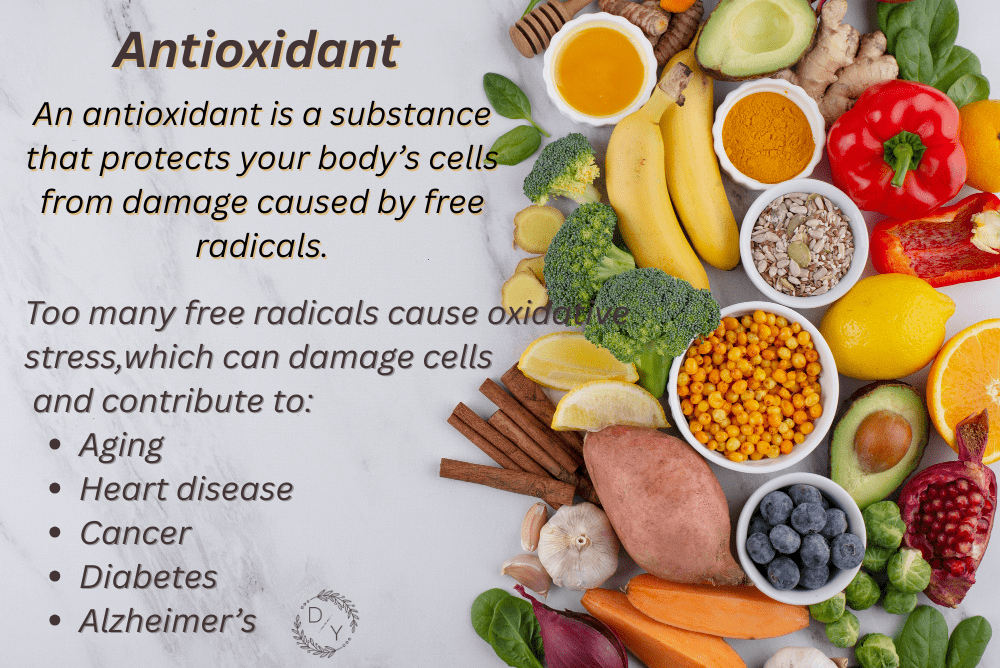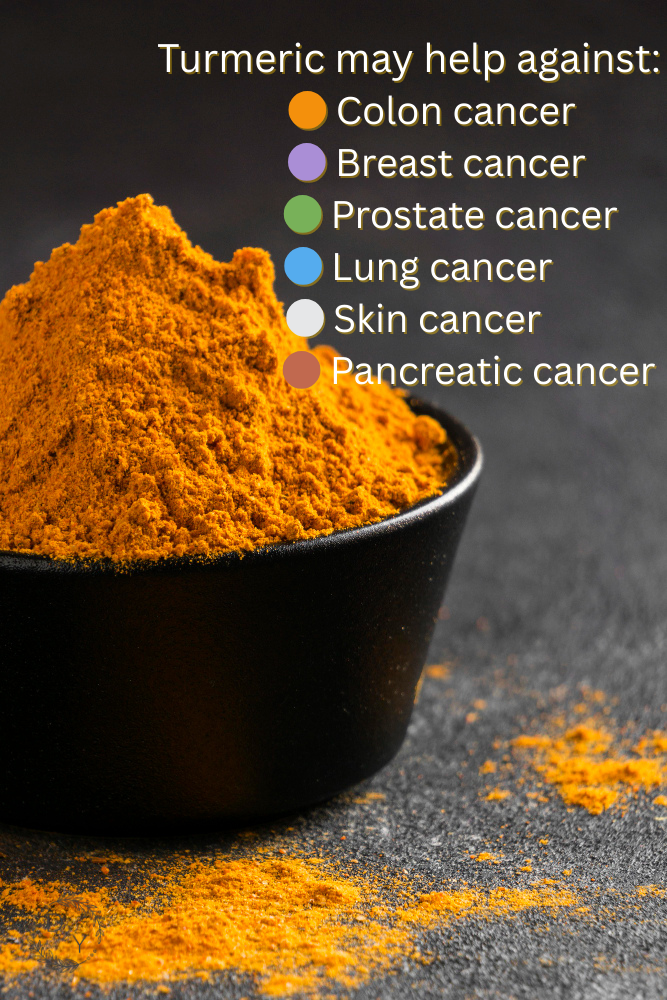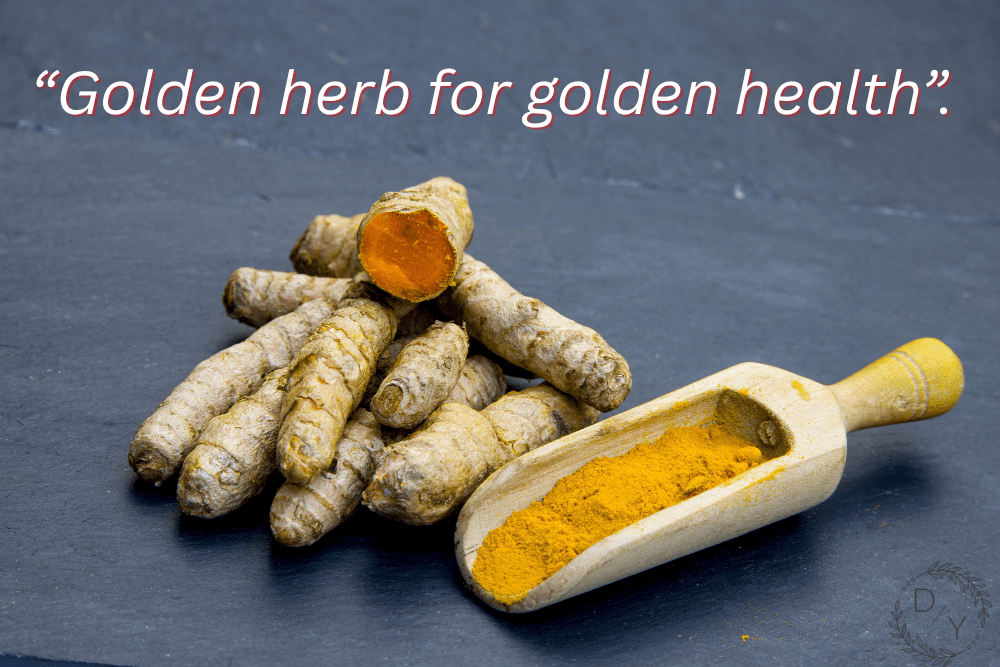Turmeric is a common spice that comes from the root of Curcuma longa. It contains a chemical called curcumin, which might reduce swelling,turmeric has major benefits for your body and brain.
Curcumin, a yellow polyphenolic pigment from the Curcuma longa L. (turmeric) rhizome, has been used for centuries for culinary and food coloring purposes, and as an ingredient for various medicinal preparations, widely used in Ayurveda and Chinese medicine. People commonly use turmeric for depression, hay fever, and osteoarthritis. It is also used for asthma, diabetes, and many other conditions, but there is no good scientific evidence to support most of these uses. There is also no good evidence to support using turmeric for COVID-19., anti-inflammatory, neuroprotective, anticancer, hepatoprotective, and cardioprotective effects. Bioavailability, bioefficacy and safety features, side effects, and quality parameters of curcumin are also addressed. Finally, curcumin’s multidimensional applications, food attractiveness optimization, agro-industrial procedures to offset its instability and low bioavailability, health concerns, and upcoming strategies for clinical application are also covered.

10 benifit of termeric
1. Anti-Inflammatory Properties
It has powerful anti-inflammatory effect and is a very strong antioxidant. Most studies on this herb use turmeric extracts that contain mostly curcumin itself, with dosages usually exceeding 1 gram (g) per day, which means it would be hard to reach these levels just by using turmeric as a spice. That’s why some people choose to use supplements.
Chronic inflammation, however, is linked to serious diseases like:
- Heart disease
- Cancer
- Alzheimer’s disease
- Type 2 diabetes
Curcumin blocks molecules in the body like NF-κB and COX-2, which trigger inflammation.
2. Strong Antioxidant

Curcumin present in turmeric is a great antioxidant agent that helps in numerous ways including its many cosmetic and medicinal benefits. It has even shown a protective effect against potential damage caused by exposure to mercury. A study conducted by researchers of the University of Edinburgh, published in the Antioxidants & Redox Signaling journal, highlights the potent antioxidant and oxygen radical scavenging activity of curcumin
3. Boosts Brain Function
Turmeric was often relied on to boost cognitive abilities, increase concentration, and boost memory retention. Many of those traditional beliefs have now been legitimated through research, and turmeric is still considered a brain-boosting herb today.
One of the main drivers of this process is brain-derived neurotrophic factor (BDNF), which plays a role in memory and learning, and it can be found in areas of the brain responsible for eating, drinking, and body weight.
Many common brain disorders have been linked to decreased levels of BDNF proteinTrusted Source, including depression and Alzheimer’s disease.
Both animal and humanTrusted Source studies have found that curcumin may increase brain levels of BDNF.
4. Improves Heart Health
Heart disease is the numbecause of death in the world. Research suggests that curcumin may help protect against many steps in the heart disease process.Thanks to its ability to help reduce inflammation and oxidation, turmeric may lower the risk of heart disease. Curcumin extends blood clotting times, working to prevent tiny cells called platelets from clumping together when they shouldn’t.
5. May Help Prevent Cancer
In fact, curcumin has been studied as a beneficial herb in cancer treatment and has been found to affect cancer growth and development.A 2019 study found that curcumin could help reduce cancerous cell growth and metastasis (spread of cancer). Evidence from studies shows that curcumin could help in cancer prevention, specifically, cancers that affect your digestive system.

Curcumin has been studied for its ability to:
- Stop cancer cells from growing (anti-proliferative)
- Prevent tumors from spreading (anti-metastatic)
- Kill cancer cells (apoptosis)
- Block cancer-causing enzymes and inhibit inflammation, which contributes to cancer development
6. Relieves Arthritis Symptoms
There are several different types of arthritis, most of which involve inflammation in the joints.
A 2016 clinical trial published in Journal of Medicinal Food found that curcumin supplements significantly reduced arthritis symptoms, comparable to ibuprofen.
A 2021 meta-analysis of 15 studies confirmed turmeric extract is effective and safe for joint pain relief.
Particularly effective in osteoarthritis and rheumatoid arthritis.
7.Helps Fight Oxidative Stress
Curcumin has shown some promise in treating mood disorders. Its positive effects on the brain include boosting the brain neurotransmitters serotonin and dopamine, reducing inflammation, and encouraging brain plasticity. This suggests the herb may be used as an effective antidepressant.
8.Supports Digestion
Turmeric has been used for centuries in Ayurveda and traditional medicine to improve digestion.
Turmeric powder has long been used as a stomach soother and is particularly useful in treating constipation, cramping, and irritable bowel syndrome. Stimulates bile production in the liver, which helps digest fats more efficiently.
9.Improves Skin Health

Turmeric helps keep your skin healthy in many ways.
- It keeps acne at bay by inhibiting the growth of pimple-causing bacteria and reducing the oil secretion by the sebaceous glands.
- The constant use of turmeric clears acne scars, which makes your skin flawless and glowing.
- Its antiseptic and anti-inflammatory properties accelerate the healing of a cut and soothe skin irritation.
- Curcumin present in turmeric is an antioxidant that fights signs of aging like wrinkles and pigmentation by scavenging dangerous free radicals.
- Used in face masks to brighten skin and reduce scars.
10. May Help with Depression

Depression is linked to imbalances in brain chemicals (like serotonin and dopamine), chronic inflammation, and oxidative stress. Research shows that curcumin, the active ingredient in turmeric, may improve mood and reduce symptoms of depression—making it a strong natural supplement for mental health.
According to a study from 2008, curcumin may also increase levels of serotonin and dopamine, which are chemicals in your brain that regulate mood and other body functions.












